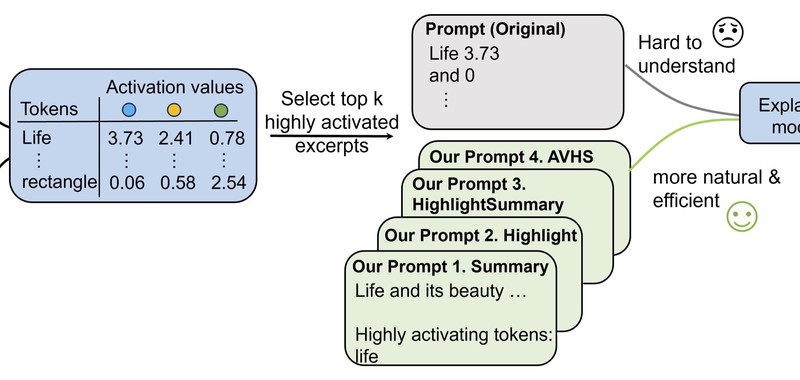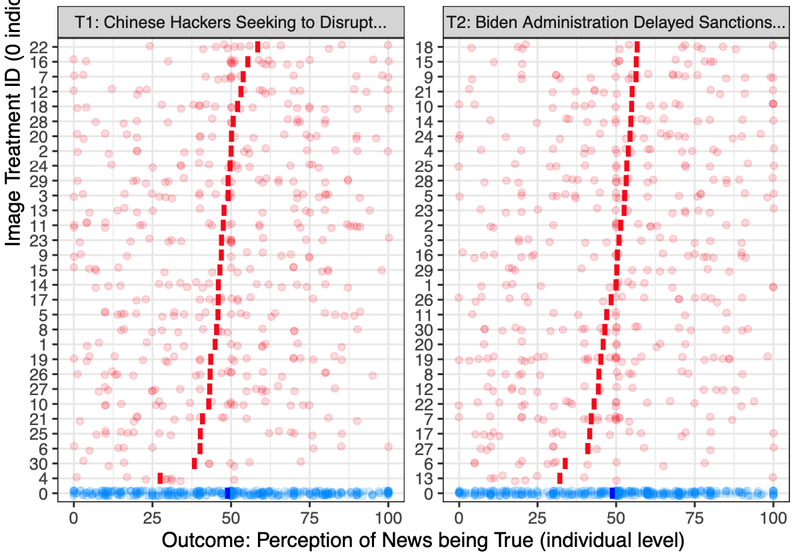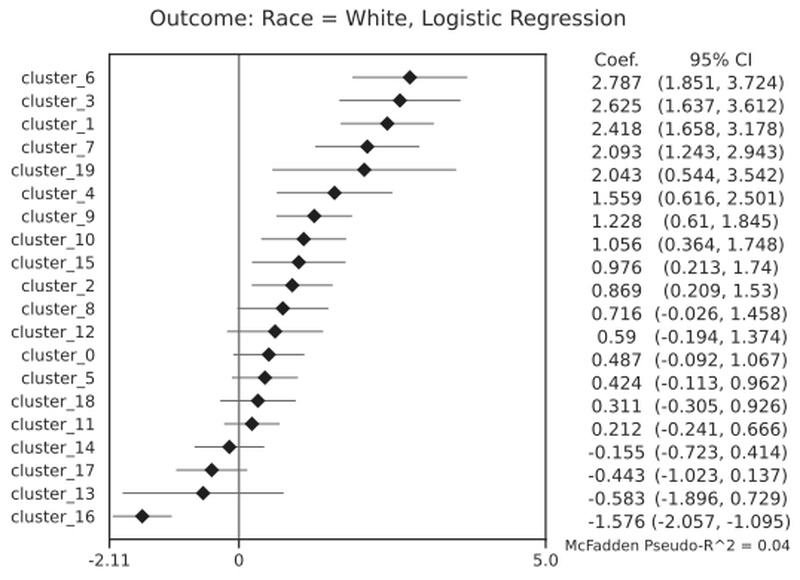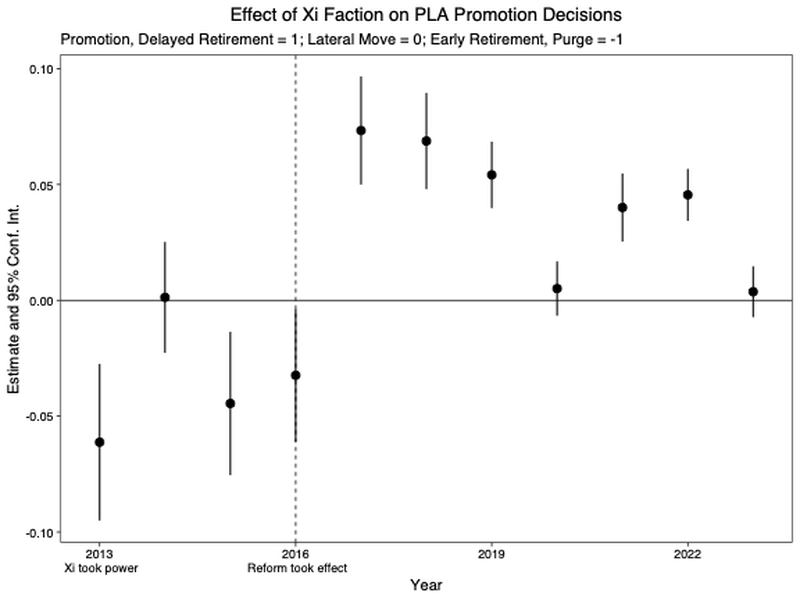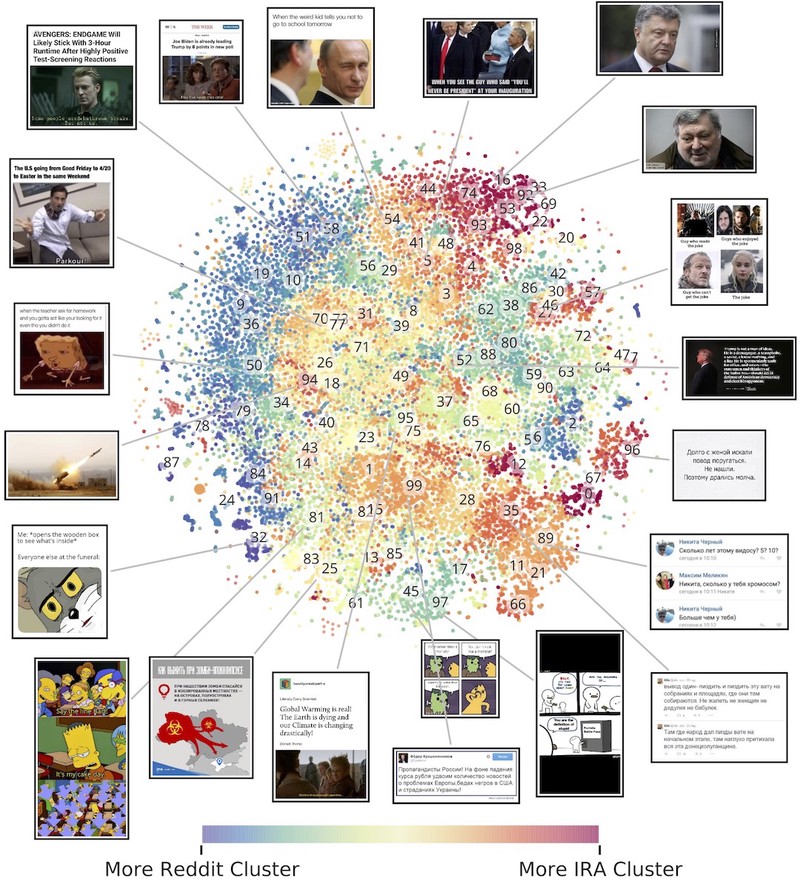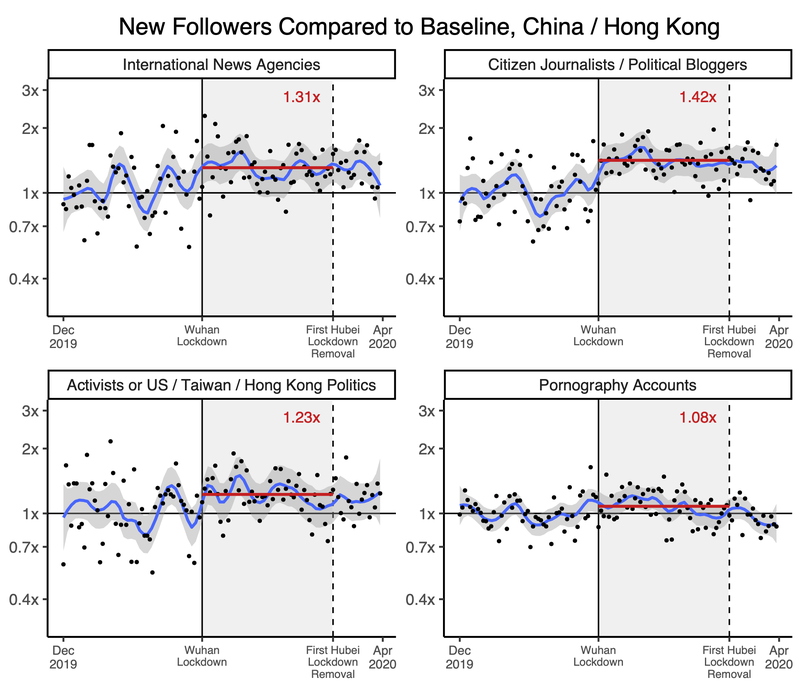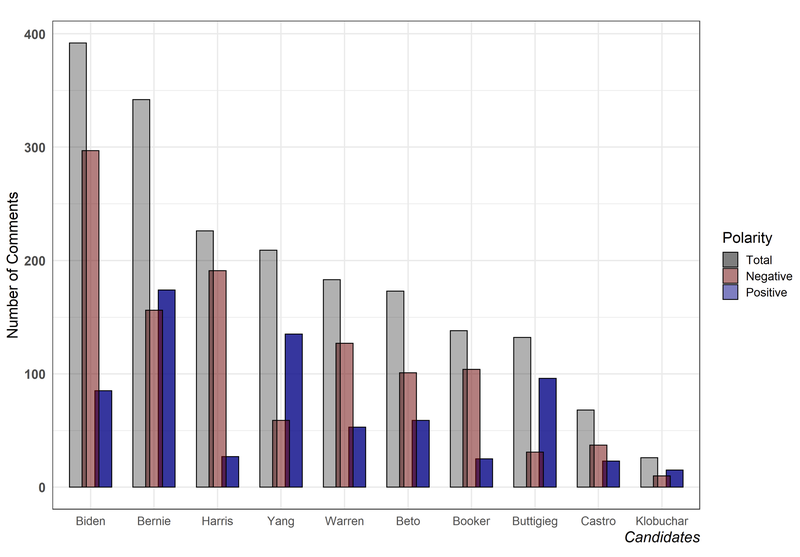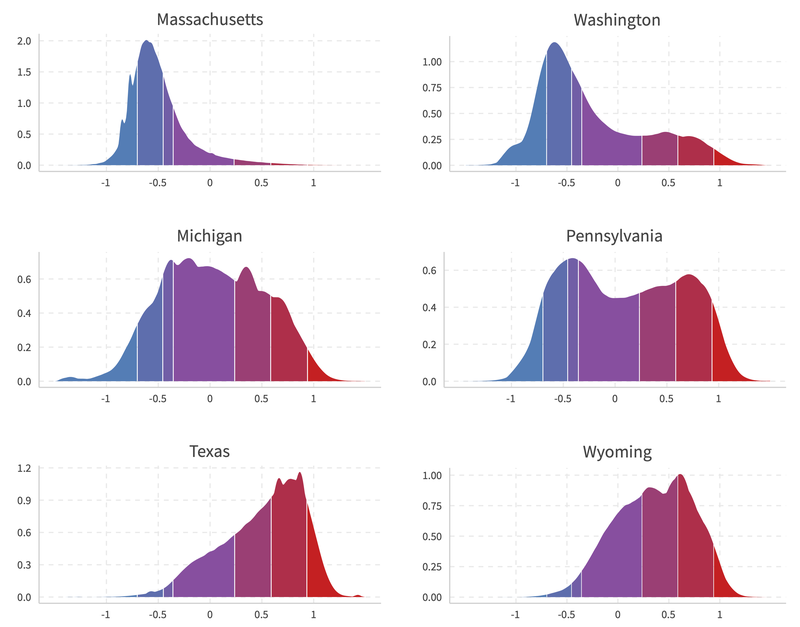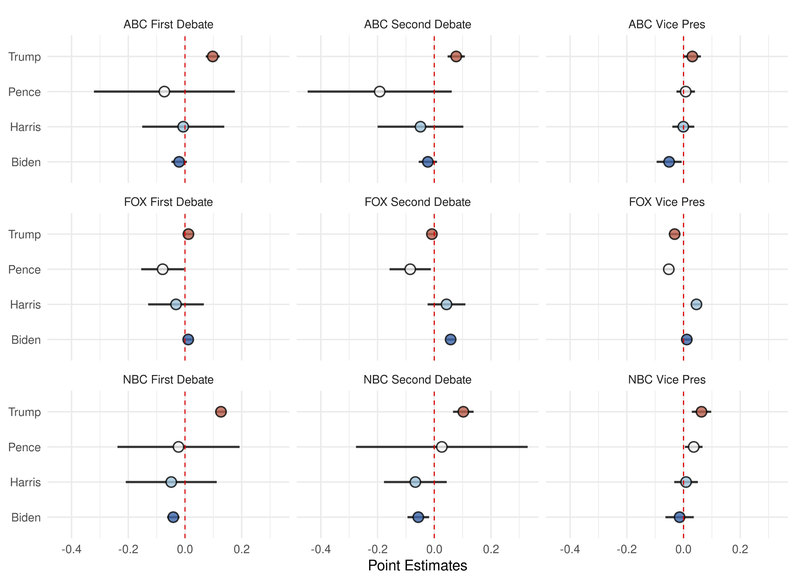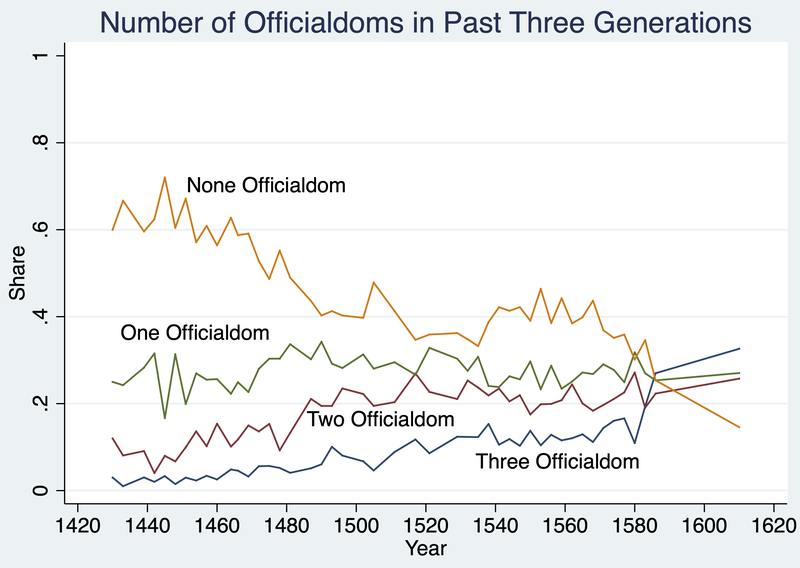Keng-Chi Chang
Hello. I am an Assistant Professor in Quantitative Social Science at Dartmouth College.
I use computational tools, including AI and Large Language Models, to study how technology and media influence politics. My work explores censorship circumvention, online image-sharing behavior, and how short-form video content are recommended by algorithms. I’m fascinated by the ways our digital world is reshaping democracy and the possibilities—and risks—it creates for our social life.
My dissertation research has been funded by NSF/APSA and the Rapoport Family Foundation. My recent works have been published in the Proceedings of the National Academy of Sciences, Journal of Communication, PLOS One, and Journal of Quantitative Description: Digital Media, as well as peer-reviewed Computer Science conferences.
Interests
- Computational Social Science
- Political Methodology
- Digital Politics
- Image/Video as Data
Education
PhD in Political Science with a Specialization in Computational Social Science
University of California, San Diego
MS in Computer Science
University of California, San Diego
BA in Economics
National Taiwan University
